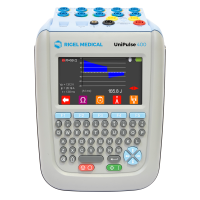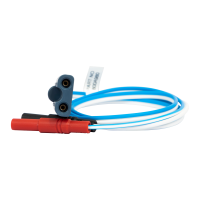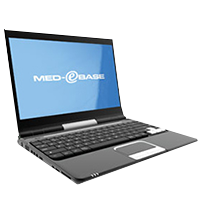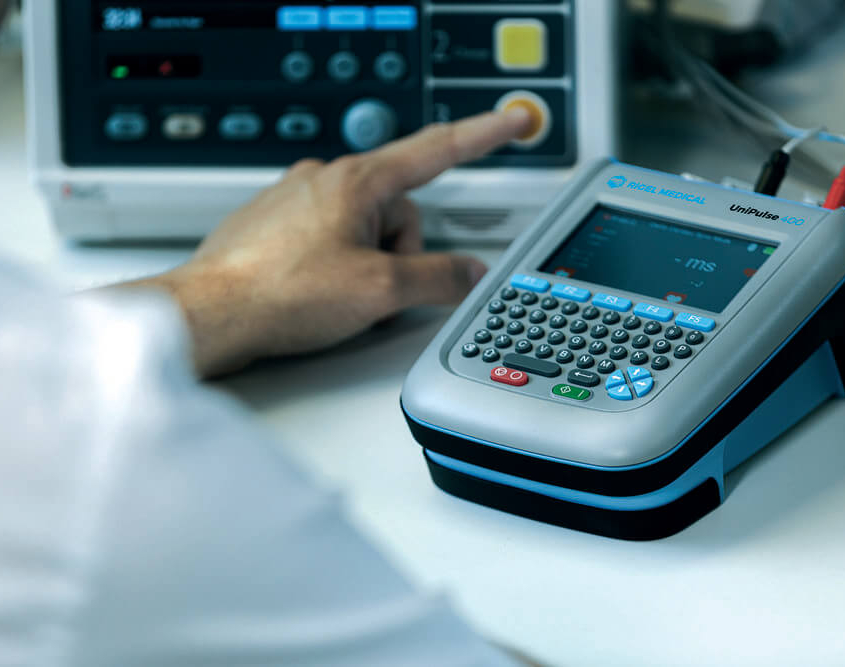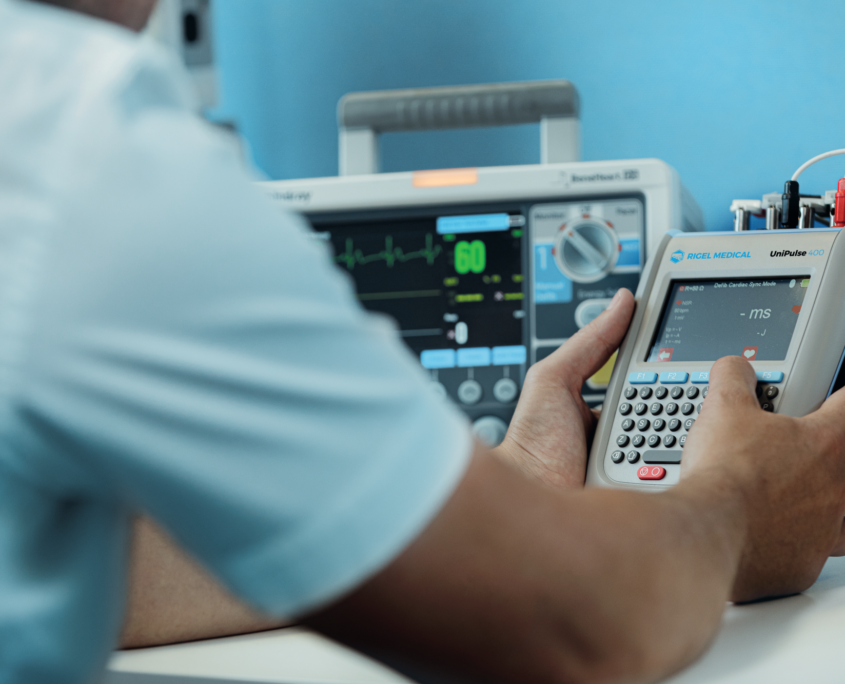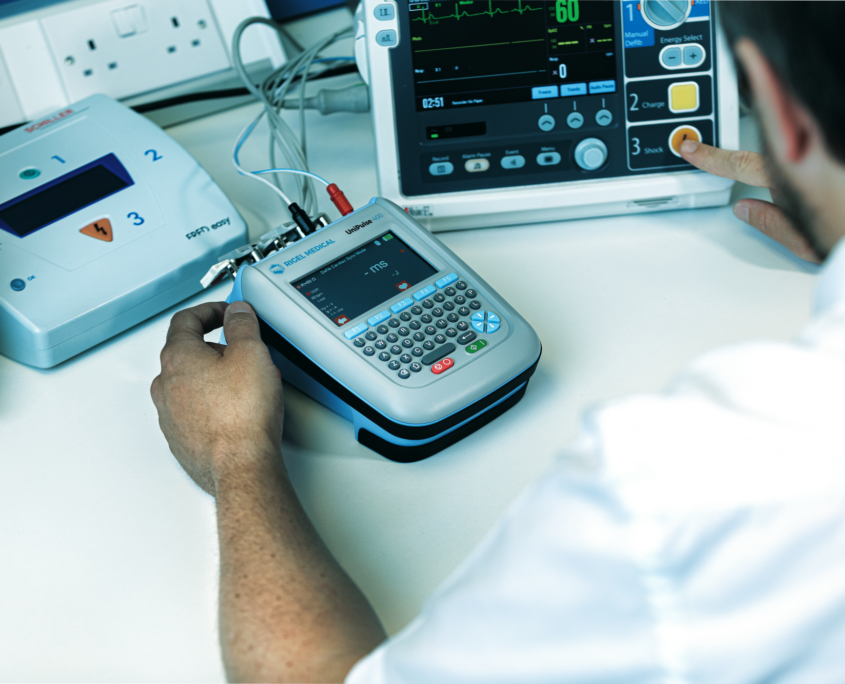Defibrillator Testing
Test all types of defibrillators with our comprehensive defibrillator analyzer
Regular defibrillator testing ensures that your devices are accurate and conform to manufacturers specifications. View our Uni-Pulse 400 for a proven high accuracy defibrillator analyser with built-in pacemaker analyser.

